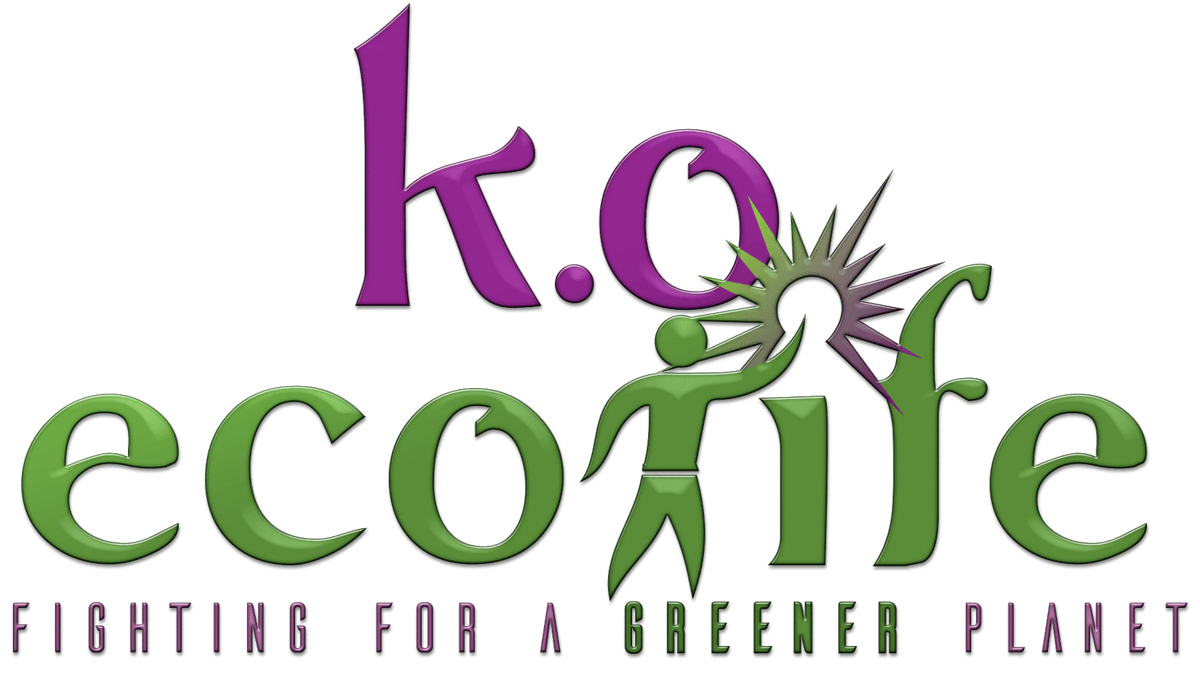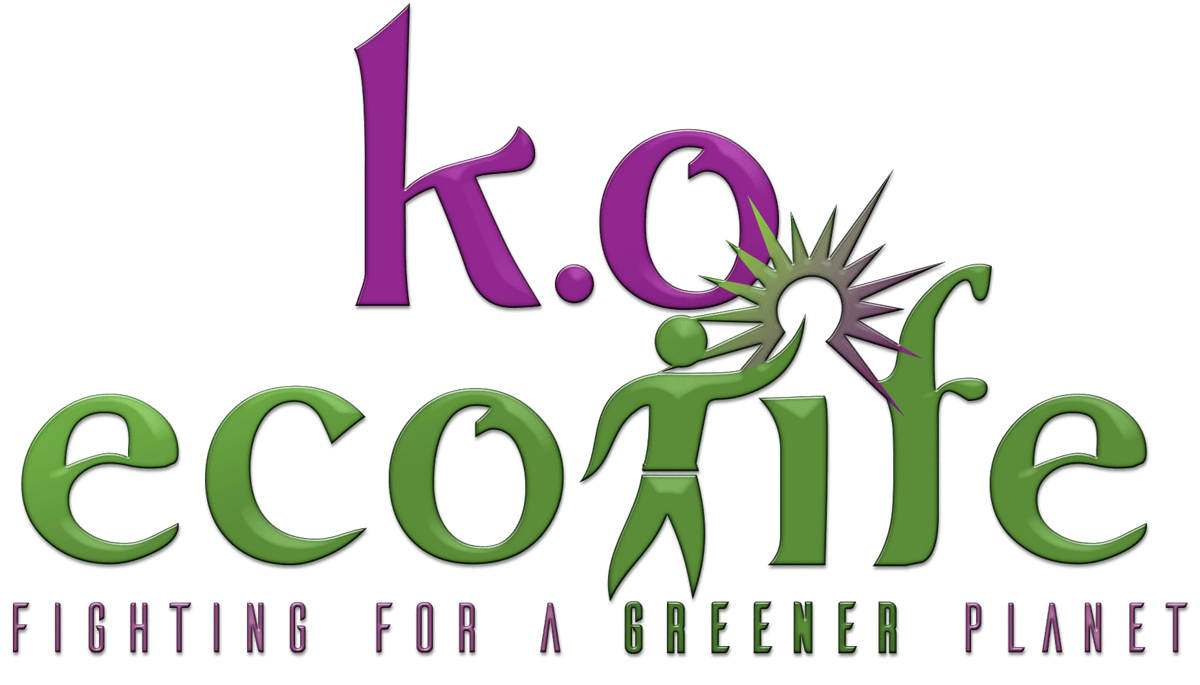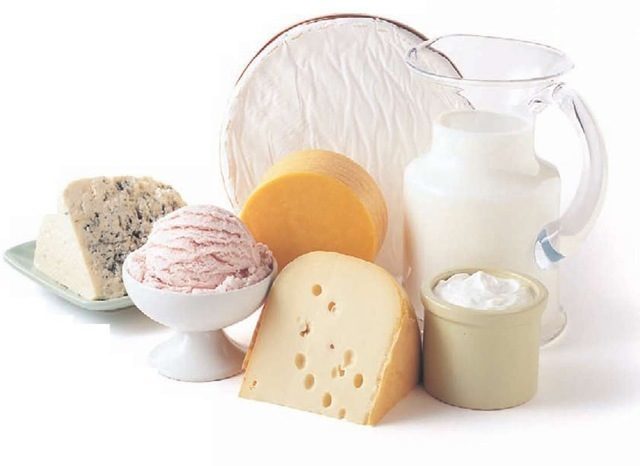3 DANGERS OF DAIRY CONSUMPTION
After attending an event recently where American raw foodist, restaurateur, and holistic wellness author, Karyn Calabrese, spoke on the benefits of a Vegan diet, I was compelled to research the subject further.
Her most dramatic point, “We are not supposed to drink milk after we have been weaned as babies and certainly not from another animal. No other species on the planet does this.” She went on to say that dairy is meant for periods of rapid growth when weight gain is essential for health. (For the record, humans outgrow this need around age two.)
Wait a minute!
Does this mean drinking milk doesn’t help with bone health? We should skip the cheese in those yummy wine and cheese pairings? No more eating ice cream?
According to Karyn and many others, the dangers of dairy consumption are extensive and the benefits have been misrepresented by well-funded Dairy and American Farmers Lobbyist groups. If you “Got Milk?” over the last decade, it’s time for the shocking truth about what’s really in that milk (and all dairy) –
Top 3 Dangers
Hormonal Imbalance
Cows are routinely given steroids and other hormones to gain weight and increase milk production AND cow’s milk naturally has stronger hormones than humans. Proteins are nine times higher and generally not tolerable for babies and children. These high concentrations of chemicals and hormones can negatively impact our hormonal balance causing numerous health issues including migraines, weight gain, depression, and fatigue.
Poor Digestion
Most dairy products are pasteurized to kill potentially harmful bacteria; however, proteins, vitamins, and enzymes are destroyed. These enzymes assist with the digestion process. When they are destroyed, digestion becomes harder and many suffer indigestion from lactose intolerance.
Causes Disease
Studies have shown consumption of dairy products to be linked to allergies, arthritis, osteoporosis, even heart disease.
How is this possible?
All dairy products are mucous-forming at various levels; however, some people experience respiratory disorders with the smallest amount of dairy in their diets. Dairy has also been linked to asthma and seasonal allergies due to a build of mucous in the lungs.
Surprisingly, research from a 12-year Harvard Study of 78,000 women showed that individuals who drank the most milk actually had the HIGHEST osteoporosis rates. In the short term, there was an increase in bone density; however, in the long-term milk consumption erodes bone-making cells.
Dr. Richard Panush was able to produce inflamed joints in rabbits simply from switching their water with milk. In another study, scientists observed more than a 50% reduction in arthritic swelling and pain when milk was eliminated from participants. Milk and other dairy products are typically homogenized to break down the fat molecules so they resist separation. This prevents a layer of cream from forming on top of milk and extends its shelf life. It also allows for the processing of skim, 1%, and 2% milk. Unfortunately, this destroys the milk’s natural proteins and low fat options become virtually void of any health benefits and vitamin intake. Jessica Zimmerman, RD, LDN, with Healthier Tomorrows explains, “Since vitamin D is fat soluble, it requires fat to be absorbed into the body. Fat free milk, if not consumed alongside a quality fat source, does not provide the same absorption rate of vitamin D.”
Research also links homogenized milk to heart disease. Calcium and phosphorus in dairy products serve to feed nanobacteria, causing calcification (accumulation of calcium salts in body tissue) and cancer. This is explained thoroughly in the book, The Milk Imperative by Russell Eaton in which it states, “dairy milk causes more disease than just about anything else by promoting harmful calcification”.
Cornell nutritionist, Dr. Amy Joy Lanau, PhD. (Physicians Committee for Responsible Medicine, USA) commented on the results of the research summarized by Russell Eaton and stated, “There is a compelling argument that today’s pasteurized milk, in all its guises, has virtually no redeeming features at all, and serves only to cause disease and poor health. By simply switching from dairy to non-dairy milk we will make a dramatic and long-lasting improvement in our health.”
(Click here to see a list of non-dairy milk options compiled by Good Housekeeping.)
Although I won’t be cutting ice cream and cheese out of my diet any time soon, the research definitely necessitates a need to make some changes for overall health and wellness. Now I just need to figure out how to get my kid to drink unsweetened, almond milk?! Any suggestions?
*Hey, let’s work together in fighting for a greener planet! Sign up at www.koecolife.com and receive valuable coupons, tips, & product updates. Be sure to follow us on Facebook and twitter for our latest news and events too.





